Cervicogenic Dizziness
What is it?
An altered sense of orientation and a feeling of disequilibrium resulting from abnormal activity from the sensors in the neck structures.
Causes:
Altered Somatosensory Input From The Cervical Spine (neck). Structures in the neck, such as the joints, muscles, and nerves, have proprioceptive sensors that help us determine our head position in space. These structures may become inflamed and irritated resulting in altered function of the proprioceptive sensors, which can lead to a mismatch of vestibular, visual, and proprioceptive input to the brain. This will then present as a sensation dizziness.
The Anatomy. There is an overlap of the sensory input from the neck structures and the input from the vestibular system into the nervous system that decodes and integrates all those signals. Thus, distorted input from the neck can result in altered postural neck reflexes, which present as dizziness.
Association with Whiplash. Cervicogenic dizziness is usually associated with whiplash injuries but has also been seen in individuals with severe cervical arthritis, herniated cervical discs, and head trauma. Pain and headaches are the primary complaints of those that have experienced whiplash. Dizziness is not always reported on the initial assessment post whiplash but does become prevalent later on. The dizziness in these cases can be attributed to vestibular dysfunction, or injury to the brain or neck.
Primary symptoms:
1) Neck pain
2) Decreased neck range of motion
3) A sense of dizziness
4) Jaw pain
5) Altered balance
Predisposing factors:
1) History of neck pathology
2) Whiplash injuries
3) Previous motor vehicle accidents
Treatment:
Treatment will primarily involve addressing the neck dysfunction – improving range of motion, neck strength, tissue length, joint mobility, and overall decreasing the pain or irritation in the area. Treatment may also involve postural and balance training to improve overall daily function.
If you are thinking that you may have cervicogenic dizziness, know that there is treatment available and that we can help you live your best life by addressing your concerns!
Book your dizziness assessment with Ashley today!
Written by Anastasia Muchinsky. MScPT
References: Tonks, B. (2021). Vestibular Rehabilitation, an Introductory Course



